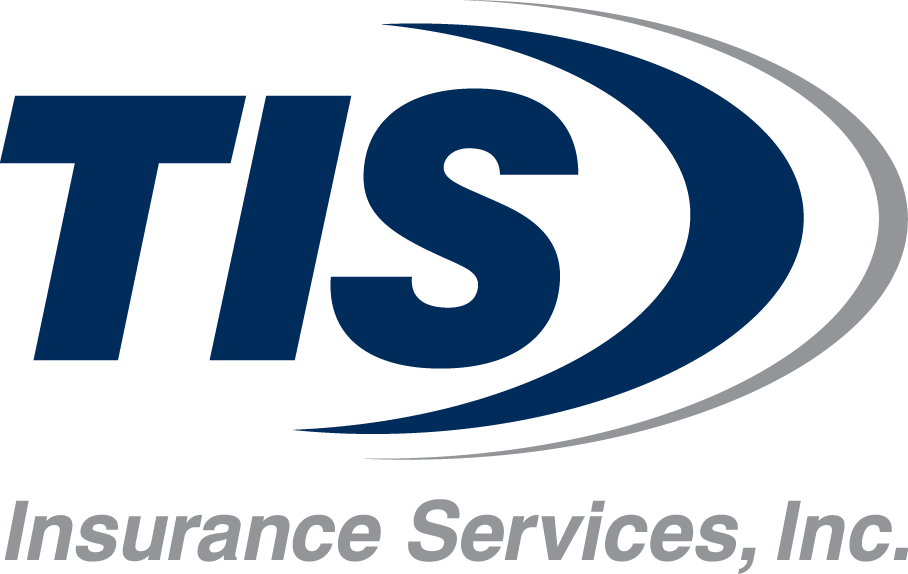Controlling healthcare costs is a top priority for businesses today, especially as insurance premiums and prescription drug prices continue to climb. Pharmacy benefits account for a significant portion of these expenses, prompting companies to seek effective strategies to manage costs while maintaining employee access to essential medications. Pharmacy management has emerged as a vital approach to strike this balance. Streamlining pharmacy benefits is often achieved through two plan strategies: fully funded and self-funded.
Fully Funded vs. Self-Funded Pharmacy Benefits
Before implementing either strategy, it is important to understand what each is, how they differ, and their advantages/disadvantages.
Fully Funded Plans
In a fully funded plan, employers pay a fixed premium to an insurance carrier, who assumes the risk of paying for prescription drug claims. This approach offers predictability in budgeting, as employers know exactly what they will pay each month. However, the fixed nature of these premiums often includes a risk margin, meaning employers might pay more than the actual cost of claims. Additionally, the lack of transparency in how insurers manage drug costs can make it difficult for employers to identify opportunities for savings.
Advantages
- Predictable Costs: Fixed premiums provide stability and ease in budgeting.
- Reduced Risk: Insurers assume the risk of fluctuating drug prices and claims.
Disadvantages
- Limited Cost Control: Employers have less control over the actual drug spending and plan design.
- Lack of Transparency: Insurers may not provide detailed insights into drug pricing and rebates.
Self-Funded Plans
On the other hand, self-funded plans give employers direct control over their pharmacy benefits, as they pay for actual claims incurred by employees. This approach allows for greater flexibility and the opportunity to customize benefit plans to meet specific needs. Self-funding can lead to significant cost savings, especially when employers actively manage their drug formulary and negotiate better pricing with Pharmacy Benefit Managers (PBMs). However, as the pharmacy needs area is often unpredictable, so is the cost to be incurred by the employer.
Advantages
- Cost Transparency: Employers gain insights into where their money is being spent and can identify areas for cost reduction.
- Customization: Plans can be tailored to encourage using cost-effective medications.
- Potential Savings: Opportunities for savings through direct negotiations with drug manufacturers and PBMs.
Disadvantages
- Increased Risk: Employers bear the financial risk of high claims and drug price fluctuations.
- Administrative Complexity: Managing self-funded plans requires more resources and expertise.

Implementing Effective Pharmacy Management Strategies
To effectively control costs, whether through a fully funded or self-funded plan, businesses should consider implementing strategic pharmacy management practices:
- Choose the Right Pharmacy Benefit Manager (PBM): Selecting a PBM that aligns with your company’s goals is important. Look for pricing and data analytics transparency to track and manage costs effectively.
- Optimize the Drug Formulary: Develop a formulary that promotes the use of cost-effective generic drugs and establishes tiered pricing to encourage the choice of lower-cost options.
- Focus on Specialty Medications: Specialty drugs can significantly impact budgets. Implement programs that manage specialty drug use and negotiate discounts directly with manufacturers.
- Educate Employees: Empower employees with information on the benefits of choosing generic drugs and understanding their pharmacy plans, leading to more informed healthcare decisions.
- Encourage Preventive Care: Implement wellness programs that focus on managing chronic conditions, ultimately reducing the need for expensive medications and hospitalizations.
Looking for a Solution?
Controlling prescription drug costs is a significant challenge, but strategic pharmacy management can make a substantial difference. Whether opting for a fully funded or self-funded approach, businesses must actively engage in managing their pharmacy benefits to reduce costs and improve employee health outcomes.
At TIS Insurance Services, we understand the complexities of pharmacy management and are here to guide you through selecting and implementing the most effective strategies for your organization.
Call (865) 691-4TIS (4847) to learn more about how we can help you navigate these challenges and optimize your pharmacy benefits.






